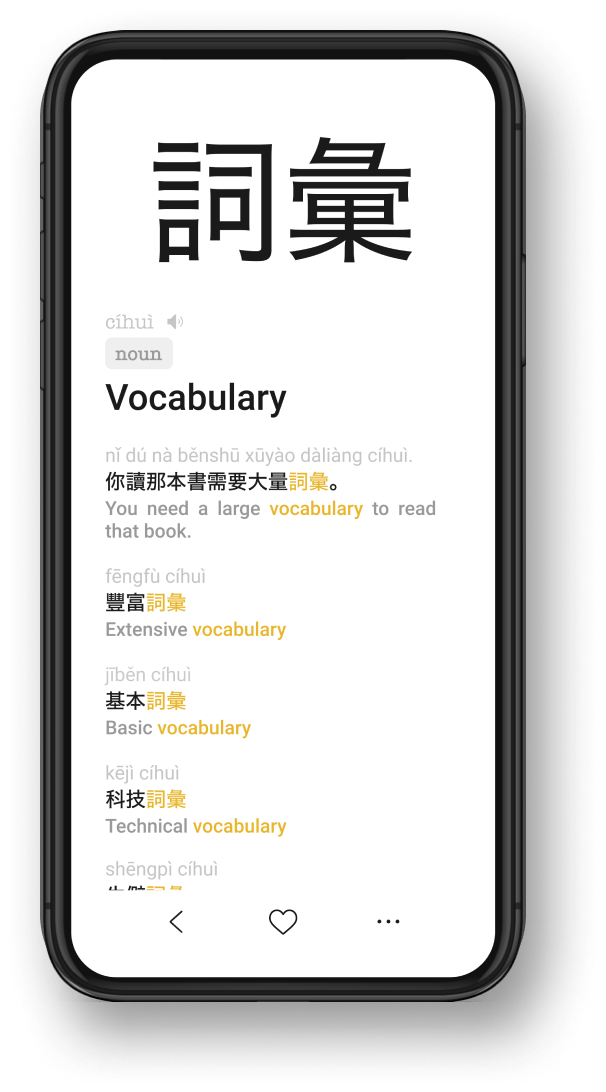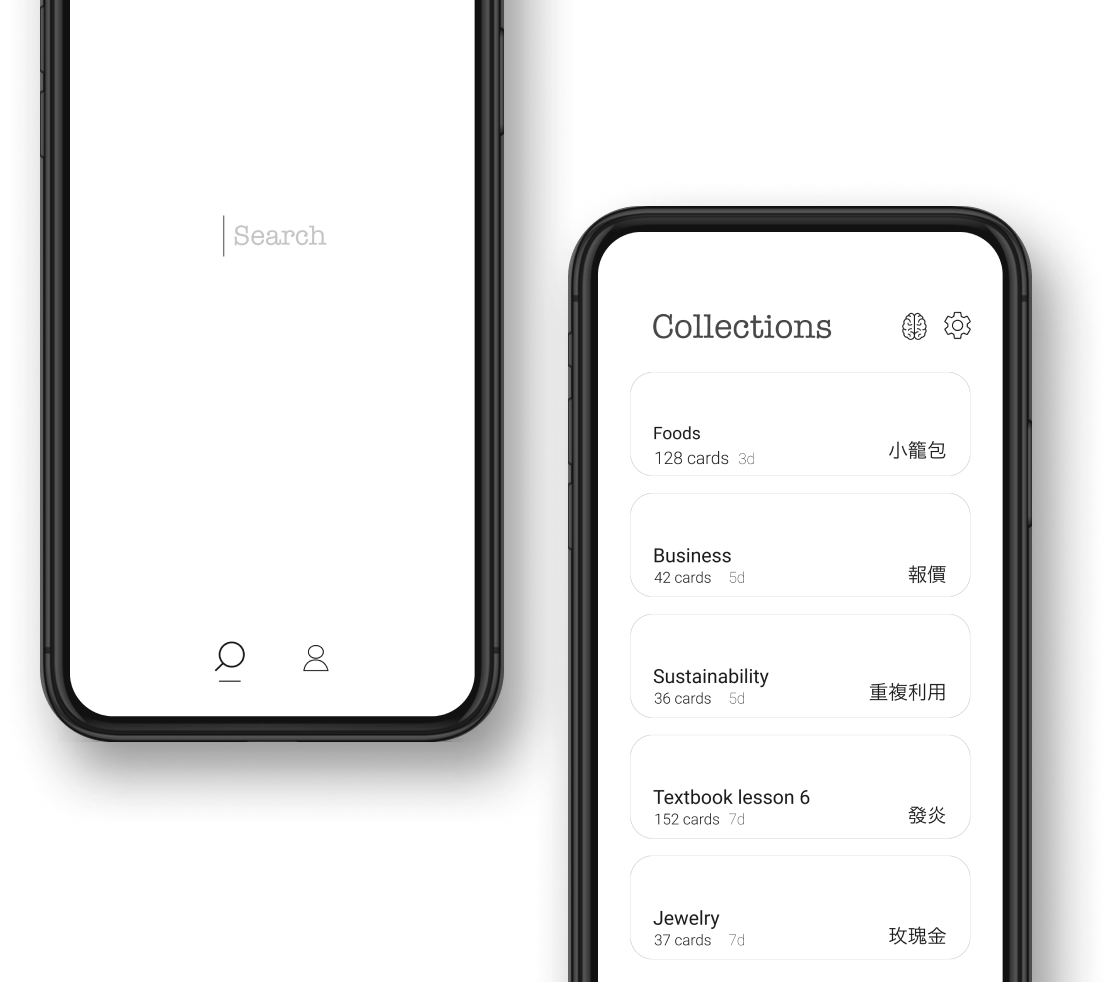Meaning of lái:
来
to come; (used as a substitute for a more specific verb); hither (directional complement for motion toward the speaker, as in 回來|回来[hui2lai5]); for the past (amount of time)
Tā gānggāng cóng Zhōngguó lái.
她刚刚从中国来。
She just came from China.
Tā qǐng wǒ lái bāngmáng bānjiā.
他请我来帮忙搬家。
He asked me to come help with the move.
Qǐng nǐ guò lái kàn kàn zhè ge.
请你过来看看这个。
Please come over and take a look at this.
Zhè jǐ nián lái, wǒmen de shēnghuó fāshēngle hěn dà de biànhuà.
这几年来,我们的生活发生了很大的变化。
In the past few years, our lives have changed significantly.
ever since (as in 自古以來|自古以来[zi4gu3 yi3lai2]); (after a round number) approximately
Zì gǔ yǐ lái, rénmen jiù duì xīngkōng chōngmǎnle hàoqí.
自古以来,人们就对星空充满了好奇。
Ever since ancient times, people have been fascinated by the starry sky.
Wǒmen xuéxiào yǒu lái yī qiān míng xuéshēng.
我们学校有来一千名学生。
Our school has approximately a thousand students.
(prefix) the coming ...; the next ... (as in 來世|来世[lai2shi4])
Wǒ qīdài míng lái de lǚxíng.
我期待明来的旅行。
I look forward to the next trip.
(between two verbs) in order to; (used after 得[de2] to indicate possibility, as in 談得來|谈得来[tan2de5lai2], or after 不[bu4] to indicate impossibility, as in 吃不來|吃不来[chi1bu5lai2])
Wǒ dǎ diànhuà lái gàosù nǐ zhège hǎo xiāoxi.
我打电话来告诉你这个好消息。
I called to tell you the good news.
Tā shuōhuà wǒ tīng bù lái.
他说话我听不来。
I can't understand what he is saying.

